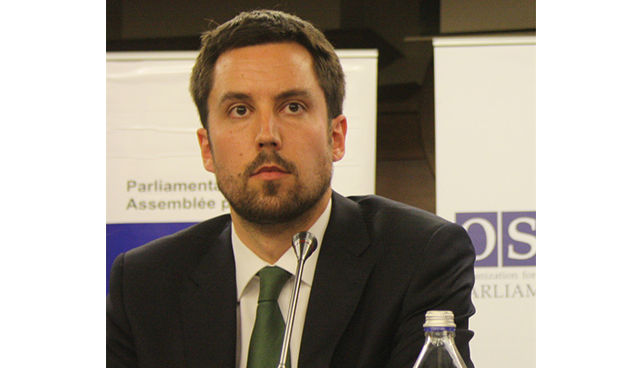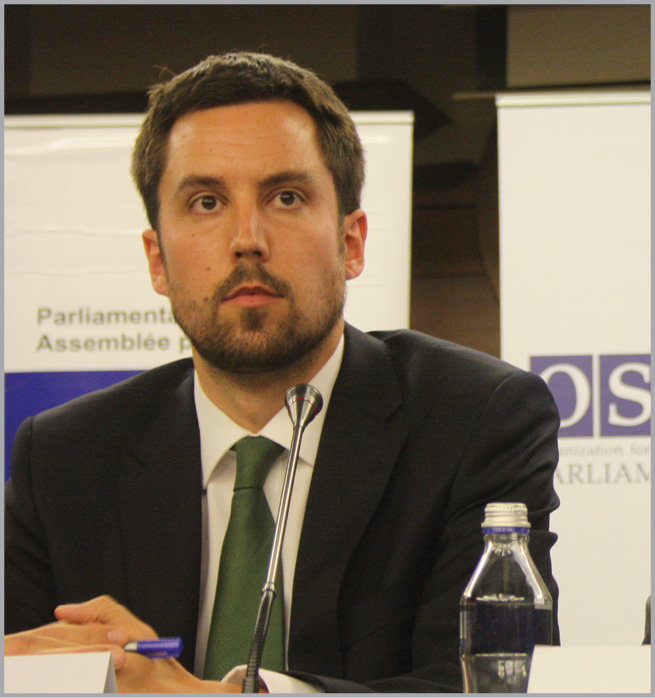Housing crisis deepens


The housing crisis continues to spiral beyond the Government’s control. The Residential Property Price Barometer, published in the Sunday independent by the Institute of Professional Auctioneers and Valuers (IPAV) indicates that the average family home in Dublin now costs double that of the national average. IPAV’s Chief Executive, Pat Davitt suggests that the Dublin housing market is on track to reach levels last witnessed during the boom years. This in turn is having a spill over impact in the commuter belt counties of Meath, Kildare and Wicklow.
The latest quarterly rental report published by Daft.ie indicates that housing supply is at a record low, with a nationwide total of only 3,000 properties available to let at the beginning of August. Of these, only 1,121 were in Dublin. At the same time, average monthly rent nationwide has increased for a fifth consecutive quarter. Rent in Dublin is now an average of €260 per month (18 per cent) greater than the 2008 peak, while nationwide rents are up an average 13 per cent.
Ronan Lyons, the economist behind the Daft.ie House Price Report concurs with the IPAV’s assessment and identifies foreign investment in existing housing stock and failure to build new stock is driving house price inflation. As such, there is no downward pressure on rental rates and in many areas of the country, including Cork, Limerick, Waterford and Galway city centres, monthly rents are exceeding mortgage repayments (based upon: 3.7 per cent variable mortgage, 30-year term, 85 per cent loan-to-value ratio).
Lyons states: “We still don’t have an understanding of how housing works in government circles. You cannot build, whether it’s for profit or not for profit, unless you can recoup your losses.
“So, for the market, it needs to be [based] on people’s incomes and on social housing, it needs to be tied into a subsidy system, effectively a cost rental setup.”
New entrants into third level institutions are set to suffer disproportionately as the majority seek accommodation in some of the worst pressure points of the housing market. As such, homeowners are being encouraged to open spare rooms to students with the incentive of earning up to €14,000 of non-taxable income from the “digs” scheme.
In a week which saw three deaths of homeless people in Dublin and Cork, the Government has come under further pressure from homeless charities to ensure that an adequate response is delivered. Speaking to RTÉ, Housing Minister Eoghan Murphy stated: “We have a crisis when it comes to homelessness… I will be holding an emergency summit with local authority chief executives to explore new options and see how we can better join up our resources across local authorities, but also across health and social care supports.
“Neither resources nor money nor ideology are an impediment here. A huge amount is being done but clearly more is needed. Of course, the basic supply problem continues and I am currently finishing my review of Rebuilding Ireland which will be announced shortly.”
Recently published figures indicate that in July there were 2,423 homeless children in Dublin alone and earlier this summer figures revealed that a mere 10 per cent of planned social housing units for 2017 had in fact been built. However, some progress has been made rapid-build housing projects in Dublin. One rapid-build housing estate has almost been completed at a site in Finglas, while three more developments in Drimnagh, Darndale and Cherry Orchard are expected to be partially completed within coming months. The houses will be largely occupied by families currently resident in hotels.
As winter approaches and 91,600 households populating local authority housing waiting lists, the housing crisis is likely to dominate the Government’s agenda.





